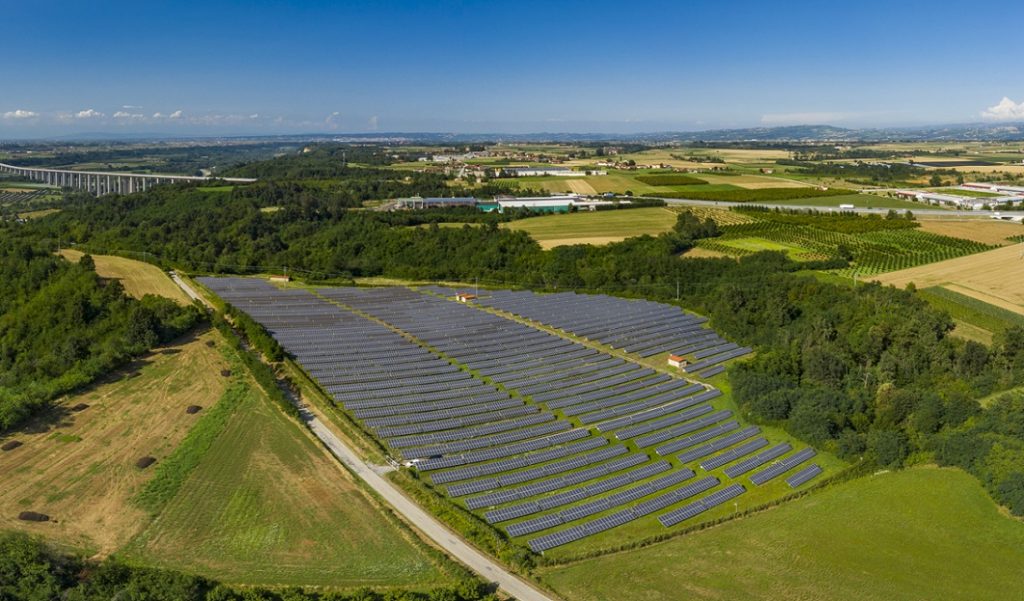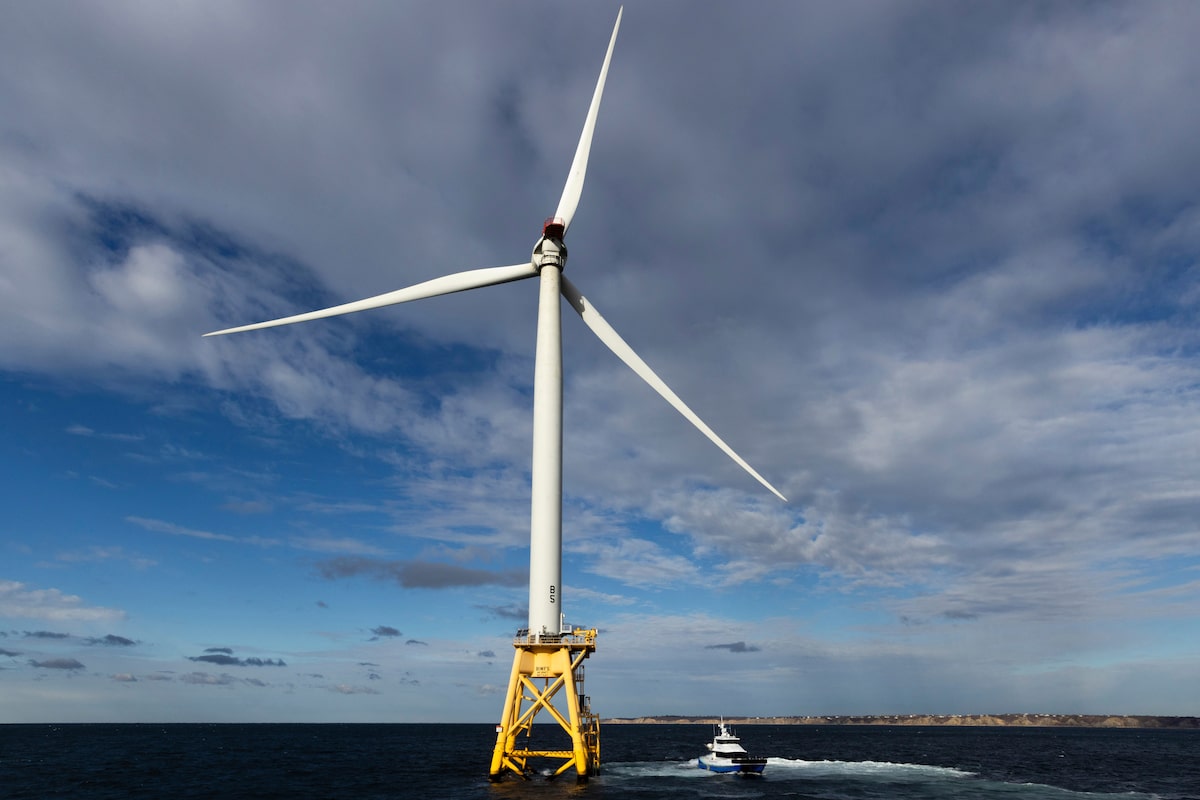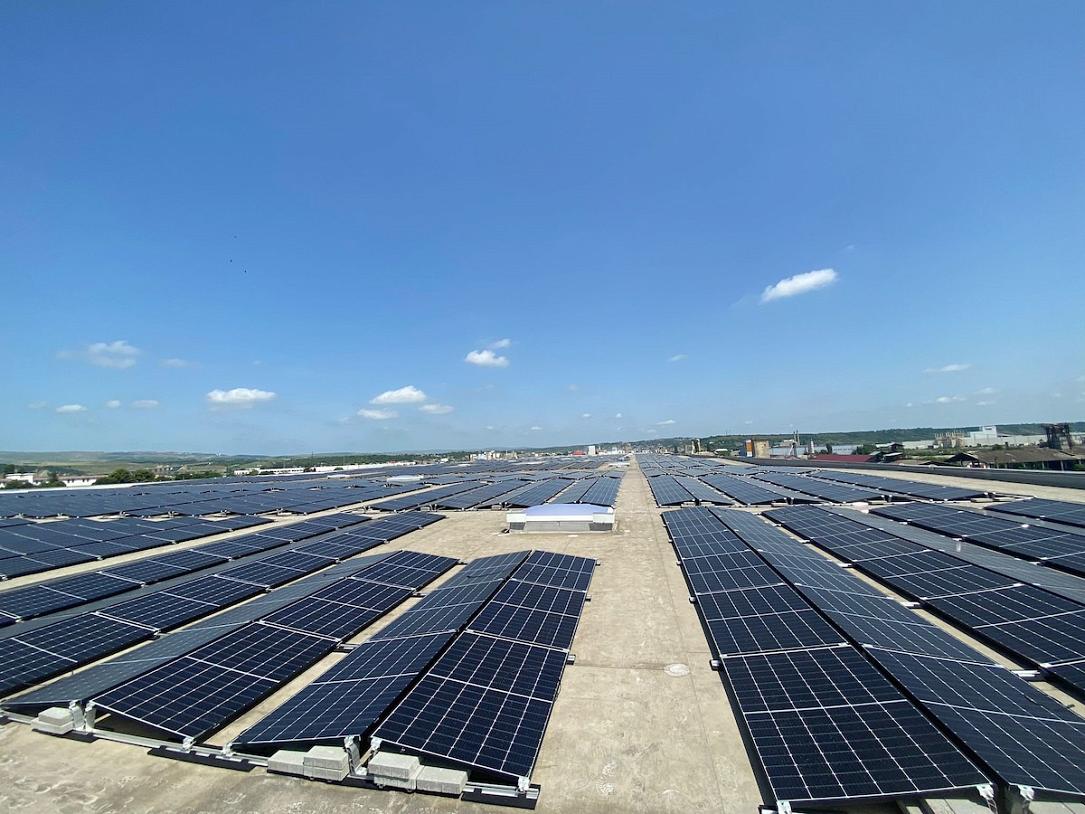Commitment to Climate Goals and Sustainable Development
African Export-Import Bank (Afreximbank) concluded its active participation in COP28, held in Dubai, reinforcing its dedication to advancing Africa’s climate goals and sustainable development agenda. Building on progress from COP27 and the African Climate Summit 2023, Afreximbank aligned with the broader African Union agenda on climate change.
Strategic Initiatives and Progress at COP28
Afreximbank, led by President Benedict Oramah, focused on advocating for an inclusive and just energy transition. Collaborating with the African Union and partners, the bank emphasized forging a green industrialized economy, expediting AfCFTA implementation, and catalyzing economic development for Africa.
Key Areas of Progress and Advocacy at COP28
Afreximbank made substantial strides in supporting the African Leaders Declaration on Climate Change, championing a pan-African narrative derived from the Nairobi declaration. The bank advocated for the operationalization of the Loss and Damage Fund, renewable energy partnerships, and accelerated AfCFTA implementation for a greener Africa.
Supporting Multidimensional Climate Change Interventions
At COP28, Afreximbank underscored its commitment to the goals outlined in the Nairobi 2023 declaration. The bank showcased African leaders’ aspirations to reduce emissions and actively contribute to innovative solutions addressing climate finance challenges on the continent. Afreximbank urged swift operationalization of the Loss and Damage Fund to aid vulnerable countries affected by climate change, particularly in Africa.
Innovative Climate Finance Solutions
Demonstrating commitment to climate finance solutions, Afreximbank highlighted initiatives such as the Climate Adaptation Finance Facility, early-stage project preparation, and risk-bearing instruments tailored for member states. The bank stressed the urgency of channeling climate finance to Africa and the need for increased collaboration between private and public sectors in financing climate interventions.
Source:africa.com





